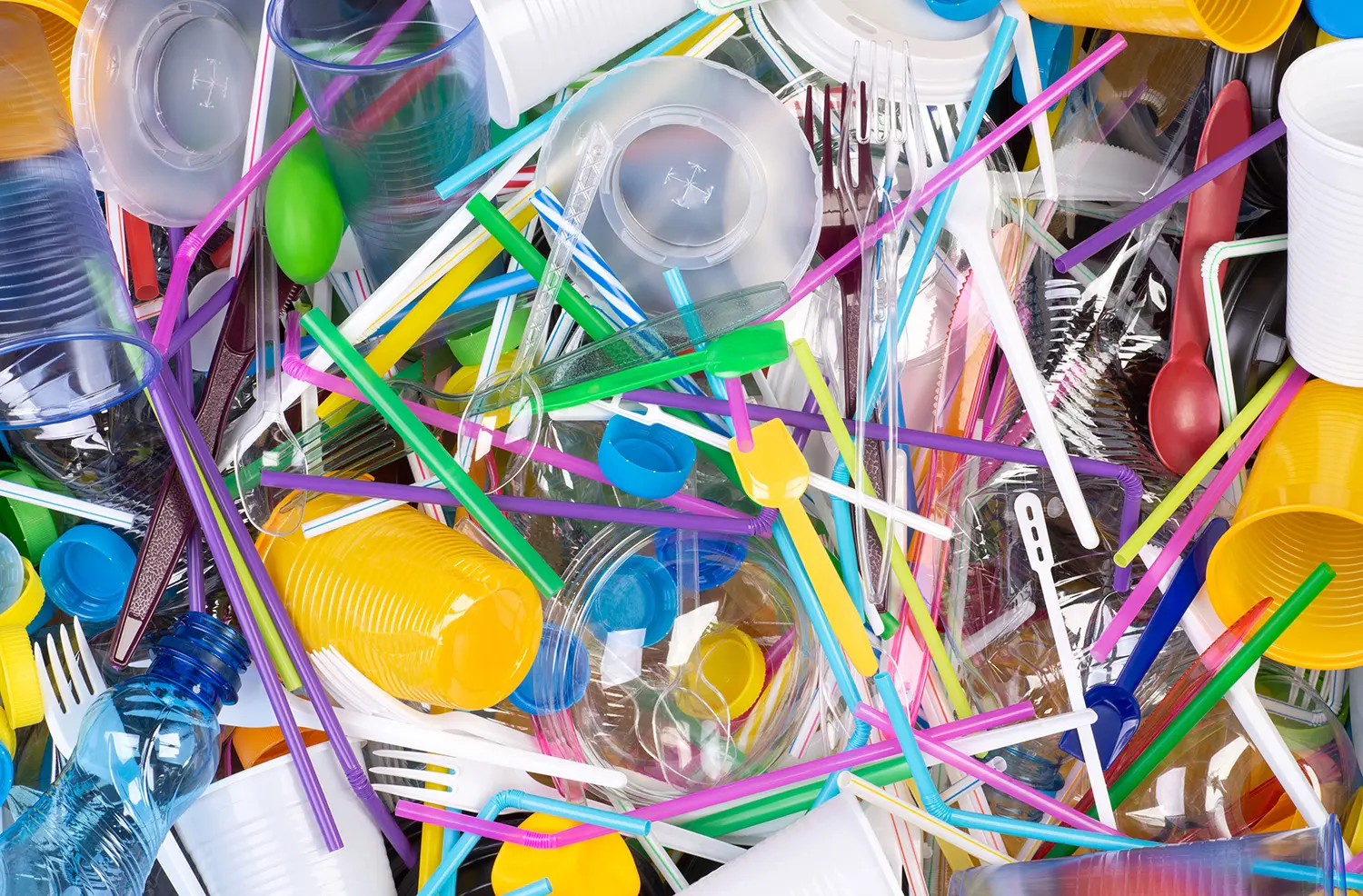
Every year, the U.S. government gives billions of dollars in subsidies to plastic production, draining public resources and putting our health at risk. These subsidies, which include tax breaks, grants, and special loans, keep plastic prices low, encouraging mass production and making it harder to reduce pollution. Meanwhile, communities—especially communities of color—bear the cost of the environmental and health damage caused by plastic manufacturing.
Globally, the top 15 plastic-producing countries receive an estimated $30 billion in plastic subsidies every year. This artificial price reduction allows companies to flood the market with cheap plastic, making it harder to transition to better solutions like reusable materials and biodegradable alternatives.
In the U.S., since 2012, nearly $9 billion in tax subsidies have helped expand plastic manufacturing. Alarmingly, 84% of these facilities have violated pollution limits, releasing toxic chemicals into the air and water. The pollution from these plants harms public health, disproportionately affecting people of color living nearby.
Taxpayer money should support industries that improve our lives, not ones that pollute and endanger health. Yet, fossil fuel and petrochemical companies receive massive financial support, despite repeatedly violating pollution laws. For example, Indorama, a plastics company, took public funds while promising to protect the environment, only to break those promises through pollution and safety violations.
Historically, fossil fuel subsidies started as a way to boost oil and gas production. These same subsidies now fuel plastic production, keeping plastic prices low and profits high. At the same time, the fossil fuel industry uses its wealth to lobby for policies that maintain this system. Since 2011, major oil companies have spent over $450 million lobbying the government to keep subsidies flowing.
Plastic production isn’t just an environmental problem—it’s a health crisis. Scientists have found microplastics in human organs, drinking water, and even in our bloodstreams. Research shows that humans ingest up to a credit card’s worth of plastic every week. Despite these alarming facts, plastic production continues to grow.
Instead of wasting billions on plastic subsidies, we should invest in real solutions. That means funding renewable energy, reusable and compostable materials, and community-based programs that protect public health. Redirecting subsidies away from fossil fuels and petrochemicals can help level the playing field, allowing better alternatives to compete.
Subsidy reform is a critical step toward a cleaner, healthier future. We must hold policymakers accountable and demand they stop using public money to support industries that harm our communities and environment.
The time for change is now. We must push for policies that end fossil fuel and plastic subsidies, support sustainable solutions, and protect vulnerable communities from pollution. Join us in demanding a shift toward a cleaner, fairer future.
01/29/2025 – Written by the FalseSolutions.org Team